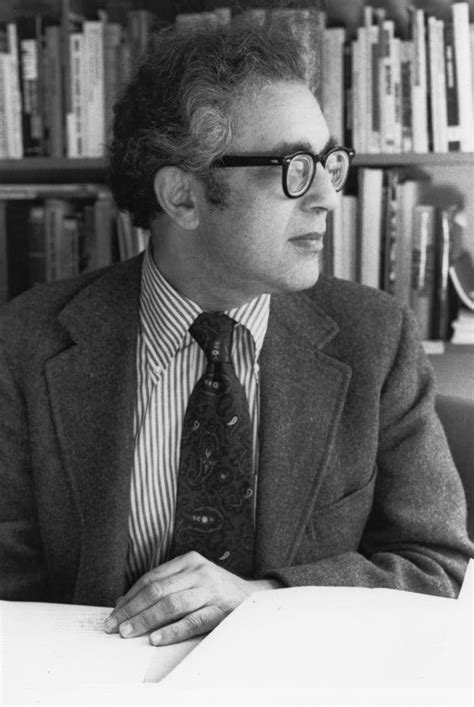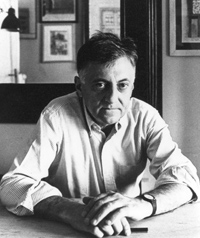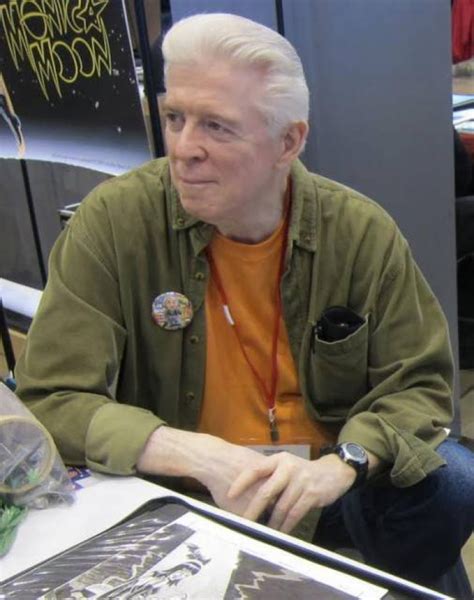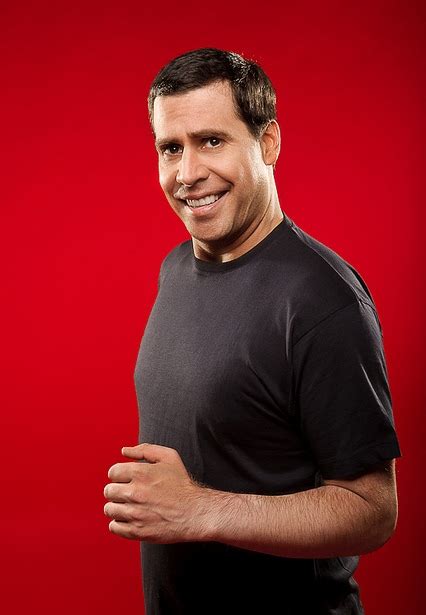A Quote by Uzodinma Iweala
Like all things, cities must change - even a city as enamoured of the past and memory as D.C.
Related Quotes
Memory is corrupted and ruined by a crowd of memories. If I am going to have a true memory, there are a thousand things that must first be forgotten. Memory is not fully itself when it reaches only into the past. A memory that is not alive to the present does not remember the here and now, does not remember its true identity, is not memory at all. He who remembers nothing but facts and past events, and is never brought back into the present, is a victim of amnesia.
The Spirit of Cities presents a new approach to the study of cities in which the focus is placed on a city's defining ethos or values. The style of the book is attractively conversational and even autobiographical, and far from current social science positivism. For a lover of cities--and perhaps even for one who is not--The Spirit of Cities is consistently good reading.
I am interested in the past. Perhaps one of the reasons is we cannot make, cannot change the past. I mean you can hardly unmake the present. But the past after all is merely to say a memory, a dream. You know my own past seems continually changed when I am remembering it, or reading things that are interesting to me.
What is memory but the repository of things doomed to be forgotten, so you must have History. You must have labor to invent History. Being faithful to all that happens to you of significance, recording days, dates, events, names, sights not relying merely upon memory which fades like a Polaroid print where you see the memory fading before your eyes like time itself retreating.
...our cities of the present lack the outstanding symbol of national community which, we must therefore not be surprised to find, sees no symbol of itself in the cities. The inevitable result is a desolation whose practical effect is the total indifference of the big-city dweller to the destiny of his city.
When a child speaks of a past life memory, the effects ripple far. At the center is the child, who is directly healed and changed. The parents standing close by are rocked by the truth of the experience - a truth powerful enough to dislodge deeply entrenched beliefs. For observers removed from the actual event - even those just reading about it - reports of a child's past life memory can jostle the soul toward new understanding. Children's past life memories have the power to change lives.
Cities must urge urban planners and architects to reinforce pedestrianism as an integrated city policy to develop lively, safe, sustainable and healthy cities. It is equally urgent to strengthen the social function of city space as a meeting place that contributes toward the aims of social sustainability and an open and democratic society.
If you've been to the city of Malmo in Sweden, or to Berlin or to Hamburg or to London or to Paris in the suburbs, or Rotterdam in my own country. You see many cities where there is a city within a city - where even today in the United Kingdom - I don't know if you're aware of that - there are even sharia courts active, whether it's rulings that the worth of a woman is half of that of a man.
The assumption that everything past is preserved holds good even in mental life only on condition that the organ of the mind has remained intact and that its tissues have not been damaged by trauma or inflammation. But destructive influences which can be compared to causes of illness like these are never lacking in the history of a city, even if it has had a less chequered past than Rome, and even if, like London, it has hardly ever suffered from the visitations of an enemy.


































